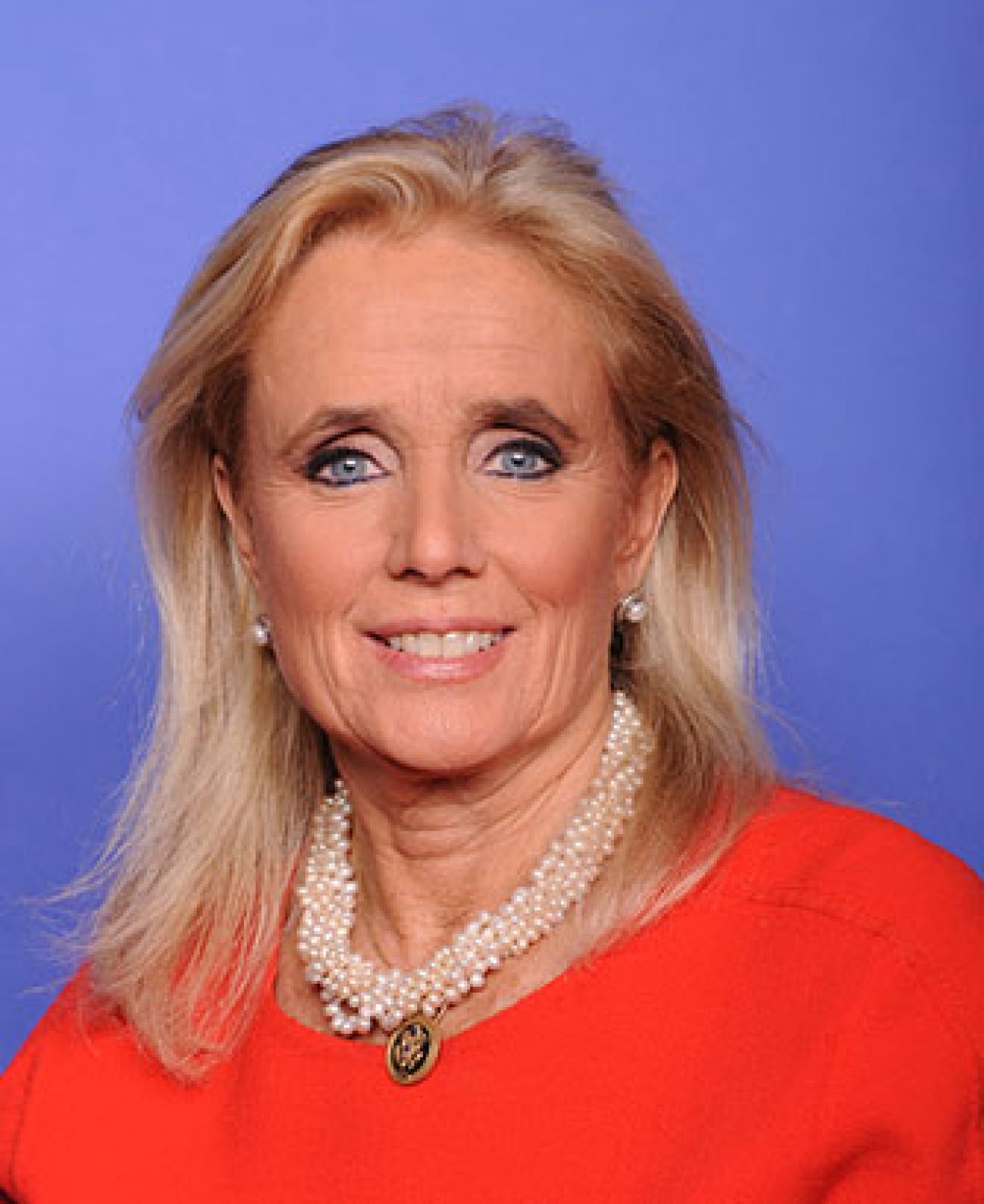Opinion | Michigan must play role in setting water rates, ensuring access
In Michigan, we know all too well the importance of access to clean water and sanitation, and how fiercely we must protect it. In our state of freshwater abundance it is ironic that so many experience water insecurity.

But there are significant gaps in Michigan’s water infrastructure that make it difficult for local and state governments to provide that basic access. For example, community and utility level data isn't available for the state to identify areas of greatest need and assess the effectiveness of programs that address those needs. There isn't a permanent program available that addresses household capacity to pay water bills, recognizing that the challenges facing households are not uniform. Households enduring long-term poverty have different needs than those experiencing short-term economic challenges. Private wells and septic systems are very expensive to maintain or replace for households not on municipal systems, but there is no program available to assist them either.
That’s why earlier this summer a group of dedicated community members and water professionals convened by Congresswoman Debbie Dingell, the University of Michigan Water Center, and Safe Water Engineering held a roundtable conversation about water service affordability in Michigan, with the goal of identifying specific actions to improve how infrastructure support is distributed across the state. We want to ensure that priority is given to households most in need of water rate and arrearage relief and communities with the least financial stability and greatest need for water infrastructure resources.
We invited key stakeholders from frontline community and advocacy groups, public health, utilities (large and small, urban and rural), state government and industry and municipal associations to participate. We heard a diversity of perspectives on water service affordability and infrastructure that underscored the need for more federal funding and technical assistance. We emphasized the potential positive impact of the Infrastructure Investment and Jobs Act (IIJA) for environmental justice (EJ) and other underserved communities.
This conversation inspired our group of non-traditional partners to work together toward our common goals. Water service affordability is a complex issue requiring cross-sector collaboration, including community members, to develop sustainable solutions. Access to clean and safe water and sanitation are basic human rights. As a society, we have an obligation to implement solutions that protect human health, respect individual dignity and do not include shutting off water when households are unable to afford their bills.
A recent University of Michigan / Michigan State University / Safe Water Engineering study (Dec 2021), highlighted the complexity of the water affordability issue. The study found that households from all racial and ethnic backgrounds across all geographies (urban, suburban and rural) struggle to pay their bills. At the same time, many water utilities have been chronically undercharging for a variety of reasons, including political pressure, so that the revenue they generate is not sufficient to meet their growing infrastructure investment needs. Necessary rate increases will only push more water service bills into the unaffordable realm for more households. In other words, the affordability problem is only going to get worse unless something is done now.
What can and should be done? First, the responsibility to provide safe, healthy and affordable water service should not fall only on the local government and water utility. This is particularly true for communities with fewer resources and the least financial capacity. Governments have a responsibility to protect public health and help residents who struggle to make ends meet, where inequities regularly impact households’ ability to pay for basic needs, such as water, food and shelter.
Similarly, Michigan’s public utilities require substantial support to rebuild capacity where they have lacked technical, managerial, engagement and financial means. We believe those municipalities with the least financial capacity and, historically, the most water infrastructure inequities (including lead service lines that need to be replaced) should be prioritized for all areas of water utility capacity building. Doing so requires all stakeholders to recognize the importance of establishing or restoring mutual trust between communities and utilities by providing the necessary support and community engagement to achieve it. At the minimum, this would include state facilitation and support for inclusive consultative and transparent rate-setting and water resource planning processes.
While the current situation often feels like residents v. utilities, or utilities v. state government, in reality we’re all in this together and the only viable solutions are going to be generated collaboratively. We can do the most good when all levels of government work together. Michigan can continue to lead in the Great Lakes region, and nationally, on these objectives while simultaneously supporting our economies and environments.
/s/
Congresswoman Debbie Dingell
Bonnifer Ballard, Michigan AWWA
Sylvia Orduño, People’s Water Board Coalition
Jennifer Read, University of Michigan Water Center
See what new members are saying about why they donated to Bridge Michigan:
- “In order for this information to be accurate and unbiased it must be underwritten by its readers, not by special interests.” - Larry S.
- “Not many other media sources report on the topics Bridge does.” - Susan B.
- “Your journalism is outstanding and rare these days.” - Mark S.
If you want to ensure the future of nonpartisan, nonprofit Michigan journalism, please become a member today. You, too, will be asked why you donated and maybe we'll feature your quote next time!




